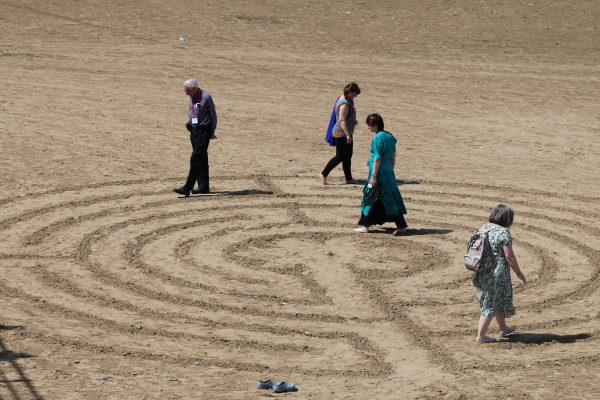MA in Christian Spirituality East and West
An Anglia Ruskin University degree created and taught by the Cambridge Theological Federation
https://aru.ac.uk/study/postgraduate/christian-spirituality-east-and-west
Join a lively debate on the meaning and the role of spirituality in Christian traditions, as well as in today’s multicultural and multireligious world.

Available as
- Postgraduate Certificate in Christian Spirituality East and West (1 Compulsory module and two 15 credit module)
- Postgraduate Diploma in Christian Spirituality East and West (1 Compulsory module and two 15 credit optional modules and 2 optional 30 credit modules)
- MA in Christian Spirituality East and West (1 Compulsory module and two 15 credit optional modules and 2 optional 30 credit modules 4 modules and a 15,000 word project)
Options
- Available full-time or part-time
- Choose from online or classroom lectures and seminars
- Some modules will be available by block teaching in Cambridge over one or two weeks
Students will be supported to:
- progress in critical understanding and knowledge of aspects of Christian spirituality (within both Eastern and Western traditions)
- explore and evaluate contemporary manifestations of Christian spiritual belief and practice
- relate the discourse of spirituality to a wide range of contemporary personal, professional and vocational questions
- undertake a detailed exploration of some issues of significance in the contemporary context
| Postgraduate Certificate | Postgraduate Diploma | MA |
| Christian Spiritual Traditions, East and West | Christian Spiritual Traditions, East and West | Christian Spiritual Traditions, East and West |
| 2 optional 15 credit modules | 2 optional 15 credit modules | 2 optional 15 credit modules |
| 2 optional 30 credit modules | 2 optional 30 credit modules | |
| Major project (15,000 words) |
